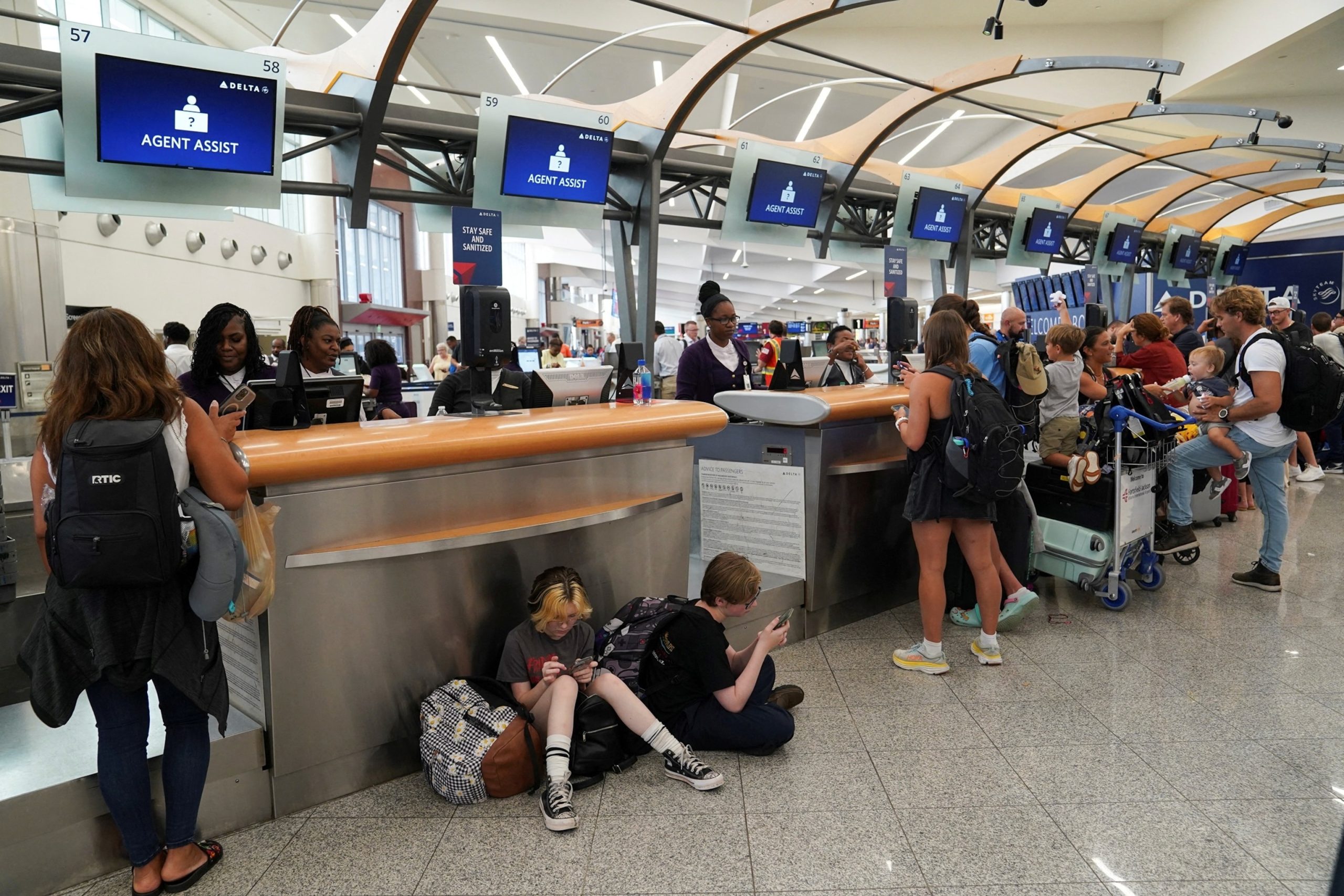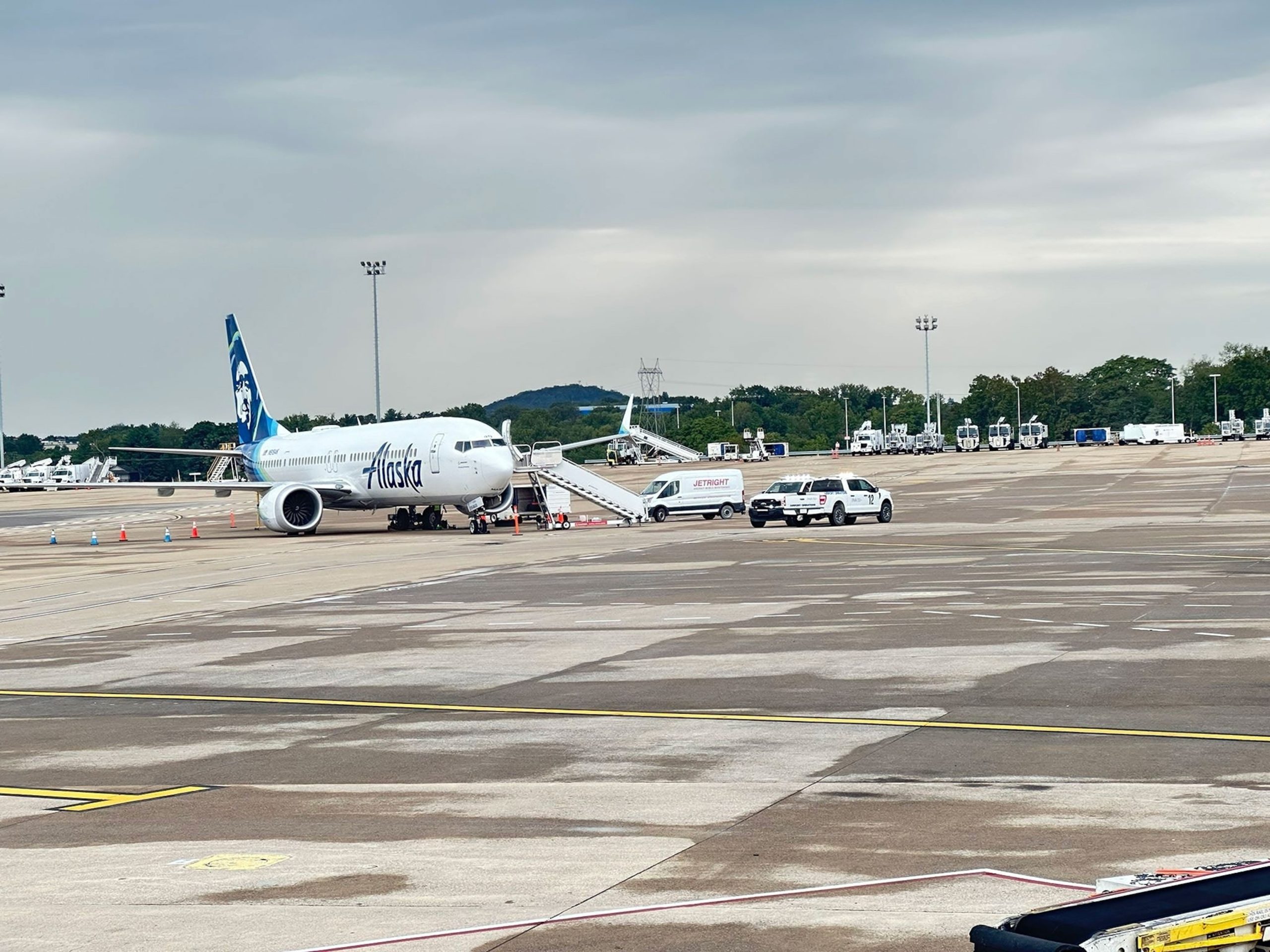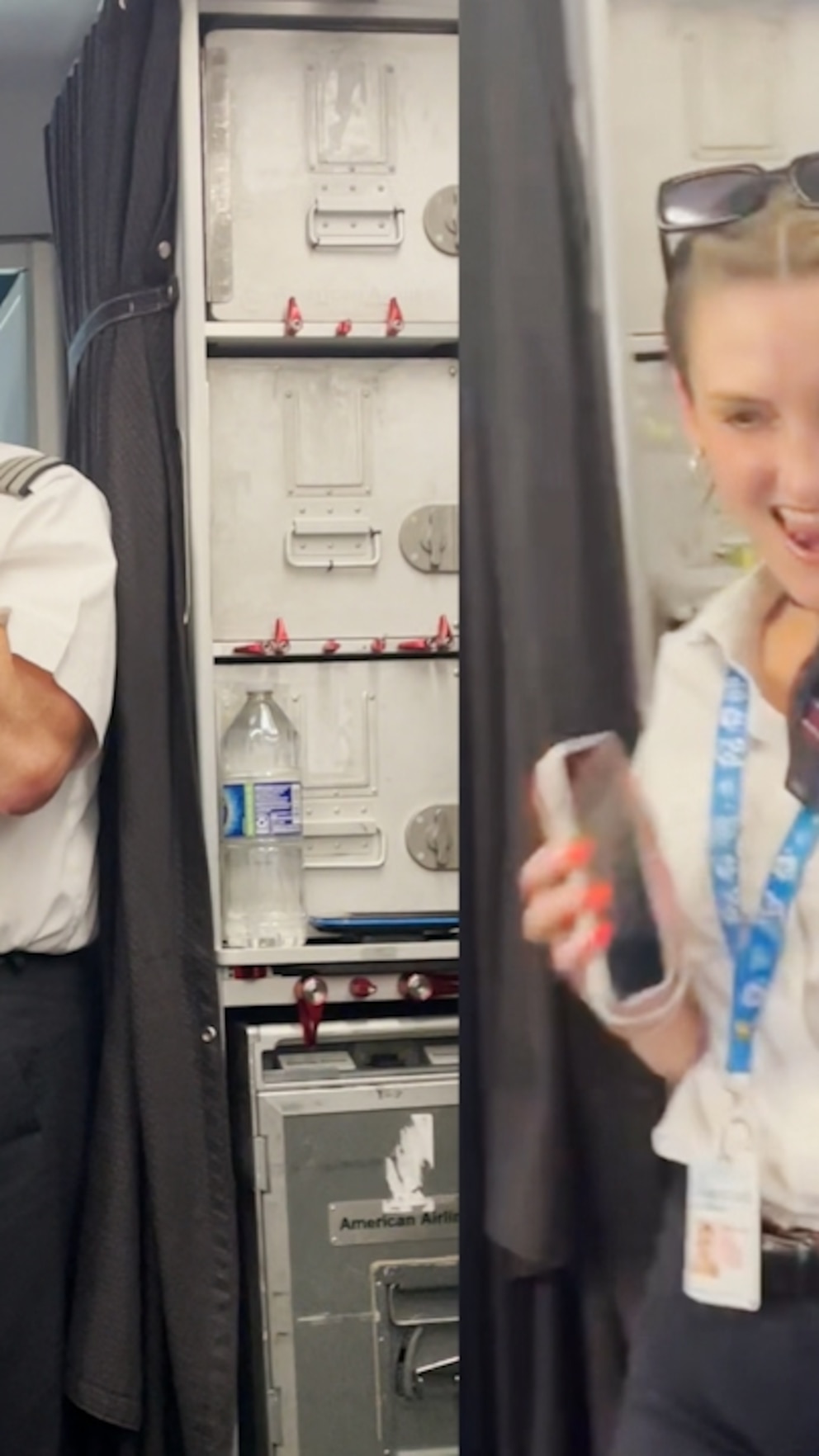Delta Air Lines has reportedly hired a prominent law firm to help the Atlanta-based carrier pursue potential damages from CrowdStrike and Microsoft following the global tech outages that caused a slew of internal computer issues and prompted thousands of canceled flights earlier this month.
CNBC first reported that Delta had hired Boies Schiller Flexner LLP, the law firm whose chairman David Boies previously represented the U.S. government in the landmark antitrust case against Microsoft.
Although a lawsuit has not yet been filed, CNBC reported that Delta plans to seek potential compensation from both companies.
When asked for further comment on the matter and the report that Delta had hired Boies, a spokesperson for the airline told ABC News that the company had “no information to add.”
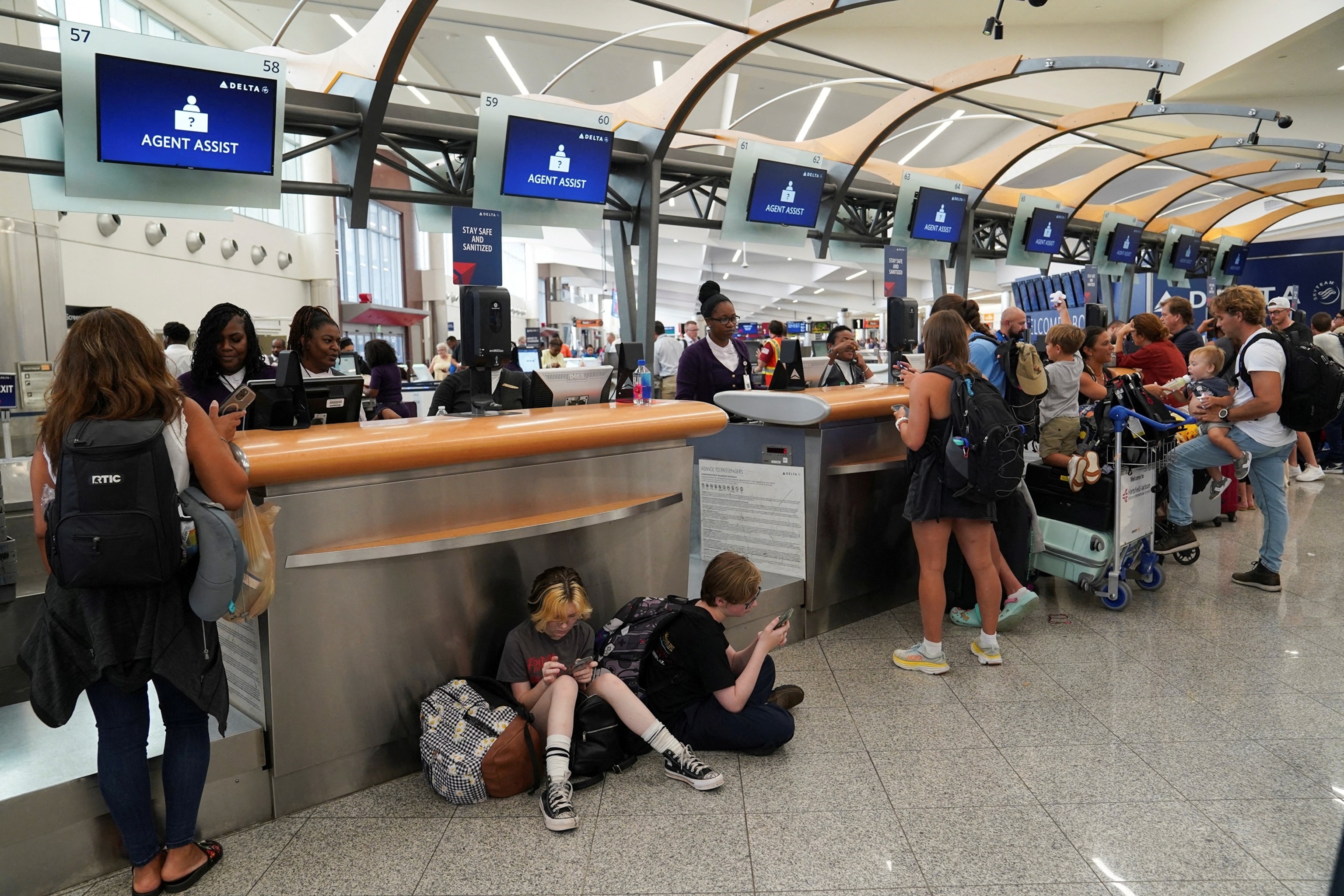
People speak to Delta agents as they try to rebook their travel plans after long delays following cyber outages affecting airlines at Hartsfield-Jackson Atlanta International Airport in Atlanta, Georgia, July 22, 2024.
Megan Varner/Reuters
Following the tech chaos on July 19, which affected CrowdStrike customers who use Microsoft Windows products, Delta’s systems were disrupted for more than six days, causing widespread flight delays and cancellations, service failures and an influx of frustrated, stranded passengers, which prompted an investigation by the U.S. Department of Transportation.
Crowdstrike said it deployed a fix for the faulty update on July 19, hours after the initial outage.
The IT outage resulted from a faulty software update initiated by CrowdStrike on July 19. Mark Lanterman, chief technology officer at the cybersecurity firm Computer Forensic Services, told ABC News previously that the faulty update subsequently caused a meltdown within Windows operating systems.
“The CrowdStrike update is deep inside the operating system,” Lanterman said. “When that was installed, there was bad code inside of this update. And when Windows came across the bad code, it panicked and it crashed.”
According to a statement from Delta earlier this week, “Upward of half of Delta’s IT systems worldwide are Windows-based.”
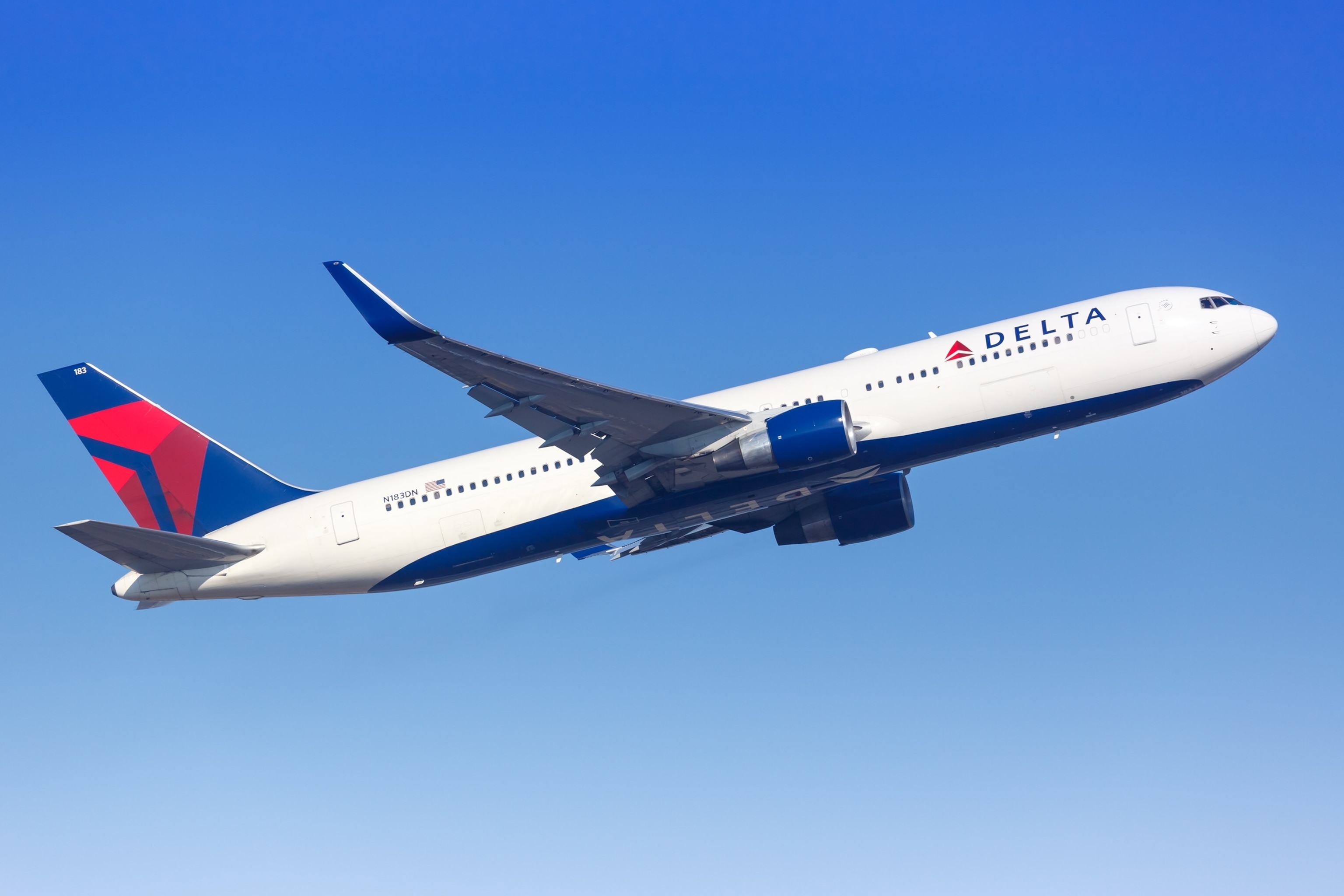
A Delta Air Lines 767 airplane takes off in Frankfurt, Germany.
Markus Mainka/Adobe Stock
On Thursday, Delta announced that “operational reliability [had] returned to normal” across mainline and Delta Connection flights.
“Delta is committed to caring for our customers during this time and has taken a number of other steps to make things right for customers affected by delays and cancellations,” the company said in an announcement.
Editor’s Picks
Those steps included reimbursing out-of-pocket expenses, extended delay refunds, issuing SkyMiles Program miles and travel vouchers, notifying customers of rebooking options, and extending a travel waiver for all customers with travel booked from July 19-28.
According to CNBC, the outages reportedly cost Delta between an estimated $350 million and $500 million.
CrowdStrike and Microsoft did not immediately respond to ABC News’ request for comment.
Delta Airlines, one of the largest airlines in the world, recently experienced a series of global IT outages that disrupted its operations and left thousands of passengers stranded. In response to these incidents, Delta is now seeking potential damages from cybersecurity firms CrowdStrike and Microsoft, who were responsible for managing the airline’s IT systems.
The IT outages, which occurred over the course of several days, resulted in flight cancellations, delays, and long wait times for customers. This not only caused inconvenience for passengers but also led to financial losses for Delta as it had to compensate affected travelers and deal with the fallout from the disruptions.
Delta has pointed the finger at CrowdStrike and Microsoft, claiming that their cybersecurity services were inadequate and failed to prevent the IT outages from occurring. The airline alleges that both companies were aware of vulnerabilities in its systems but did not take sufficient measures to address them, leading to the disruptions that ultimately impacted Delta’s operations.
CrowdStrike and Microsoft have denied any wrongdoing and have stated that they were not responsible for the IT outages experienced by Delta. However, Delta is adamant in its pursuit of potential damages from these companies, citing breach of contract and negligence as grounds for legal action.
The outcome of this dispute remains uncertain, but it highlights the importance of robust cybersecurity measures in today’s digital age. As businesses increasingly rely on technology to operate, the risk of IT outages and cyberattacks looms large. Companies must invest in top-notch cybersecurity services and regularly assess their systems to prevent such disruptions from occurring.
In the case of Delta Airlines, the fallout from the global IT outages serves as a cautionary tale for other businesses. It underscores the need for proactive measures to protect against cyber threats and ensure the smooth functioning of critical IT systems. Only time will tell how this legal battle between Delta, CrowdStrike, and Microsoft will unfold, but one thing is clear: cybersecurity is a crucial aspect of modern business operations that cannot be overlooked.
